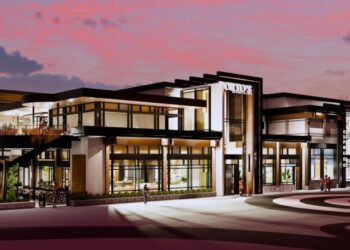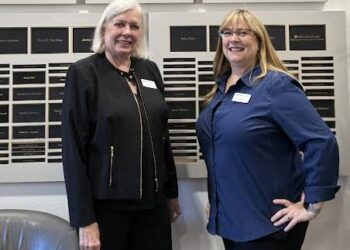Costa Mesa plans to take it all the way to the top, asking the U.S. Supreme Court to weigh in as it battles discrimination suits over its sober living home laws.
The city’s winning streak in court — defending rules meant to rein in unruly homes — hit a bump in January, when a panel of judges from the U.S. Court of Appeals for the 9th Circuit reversed a lower court’s ruling in the city’s favor.
At issue is a very specific question: How do you determine who is disabled? That’s a vital first step for a federal discrimination claim.
Sober home operators argue that the city’s rules target people recovering from addiction. The homes don’t have to prove, one by one, that their clients are actually disabled; their intent to serve recovering addicts is enough, they argue. Two of three judges from the 9th Circuit agreed.
Costa Mesa argues that federal law requires disability to be proven on a case-by-case basis in a discrimination claim, which a lower court judge agreed with. The city asked a full panel of 9th Circuit judges to reconsider the issue, but that was denied.
Now, the city will ask the highest court in the nation to weigh in.
“The law in this area from Supreme Court has been contrary to this decision,” city attorney Kim Barlow said. “The courts have required individual proof of disability to make a claim for disability discrimination.”
The city isn’t worried about its ordinances — it has prevailed in other courtroom settings — but is taking a stand on the larger issue.
“The main point in pursuing this is that it sets the barrier for suits so low that it really will force cities to go to trial” on weak claims, costing lots of public money, Barlow said.
The 9th Circuit decision overreaches “and sets a dangerous precedent that removes accountability for sober living home operators and ultimately puts people who suffer from addiction at risk,” added Seymour B. Everett III of Everett Dorey LLP, Costa Mesa’s outside attorney…
Read the full article here







